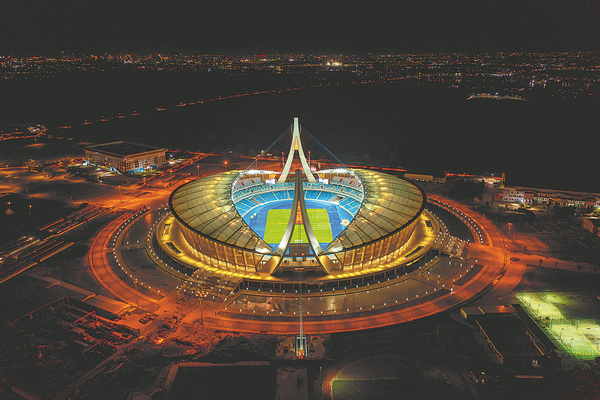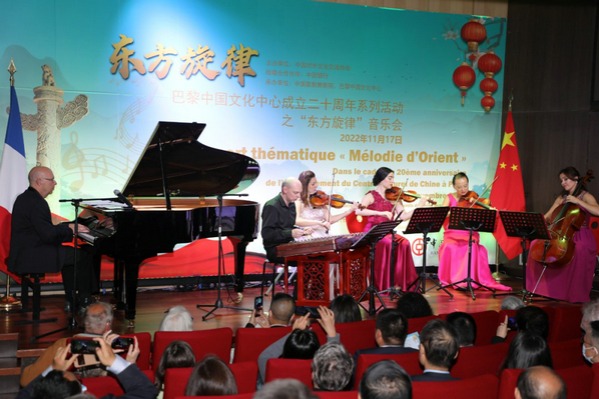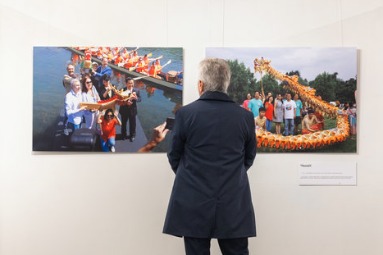Updated: 2021-09-16 07:54
( China Daily Global )

"The China State Construction Engineering Corp was very responsible and it used high-end technology for the construction of the stadium in full compliance with all technical standards," he says.
"The stadium has a seating capacity of 60,000 with a design that will allow a full evacuation in seven minutes in case of emergency."
He adds that QR codes have also been installed on each seat.
Located about 18 kilometers in the northern part of the capital, the stadium also houses a hotel, sportswear and equipment shops, food courts and other facilities.
"It will not only support the development of the sports sector, but also serve as a magnet to attract tourists, especially Chinese guests, to Cambodia in the post-COVID-19 pandemic era."
The stadium is one of the cooperation projects between Cambodia and China under the Belt and Road Initiative, aiming at promoting sports, cultural exchanges and people-to-people contact.
Speaking at the event, Hun Sen says the stadium was the fruit of close cooperation between Cambodia and China, adding that he has never expected that the kingdom would have such a beautiful stadium.
"It's a record of the friendship between Cambodia and China," he says.
"Without support from China, we would definitely not have had this stadium."
"I can say that this is just the fruit harvested at the beginning of the season through our ironclad friendship," Hun Sen adds.
Wang says the stadium is the largest sports complex that China has provided to its foreign friends with grants.
"We built this nicely large stadium in Cambodia because our two peoples' friendship is very profound," he says.
"I hope that Cambodian people and athletes will enjoy their sports events at this stadium and hope that Cambodian athletes will make more achievements in the 2023 SEA Games."
Cambodian government chief spokesman Phay Siphan says the stadium clearly demonstrated China's particular attention to supporting Cambodia's sports development.
"The stadium will serve as another bridge to connect the hearts of the peoples of our two countries," he says.
"It will also promote people-to-people bonds between Cambodia and the rest of the world, because it will bring together athletes and visitors from around the globe when there are major tournaments."
The stadium will be used to host major tournaments such as soccer, rugby and athletics, as well as large-scale exhibitions or cultural events.
Keo Sareth, secretary-general of the Football Federation of Cambodia, says the stadium not only injected a fresh impetus into Sino-Cambodian ties, but will also improve Cambodia's image in the international arena.
"We have wished to build a modern and large stadium like this for a long time. Now, with China's support, our dream comes true. It will promote Cambodia's honor and prestige on international arena," he says.
National sprinter Pen Sokong, 28, says: "It's a symbol of pride for Cambodia because in our history we have never had such a great stadium."
Sokong, who competed in the men's 100-meter dash in the 2020 Summer Olympics in Tokyo in July, says the stadium will be a new driving force for the country's athletes to train harder for the 2023 SEA Games. "I'm really looking forward to contesting at the new stadium then," he says.
Xinhua



